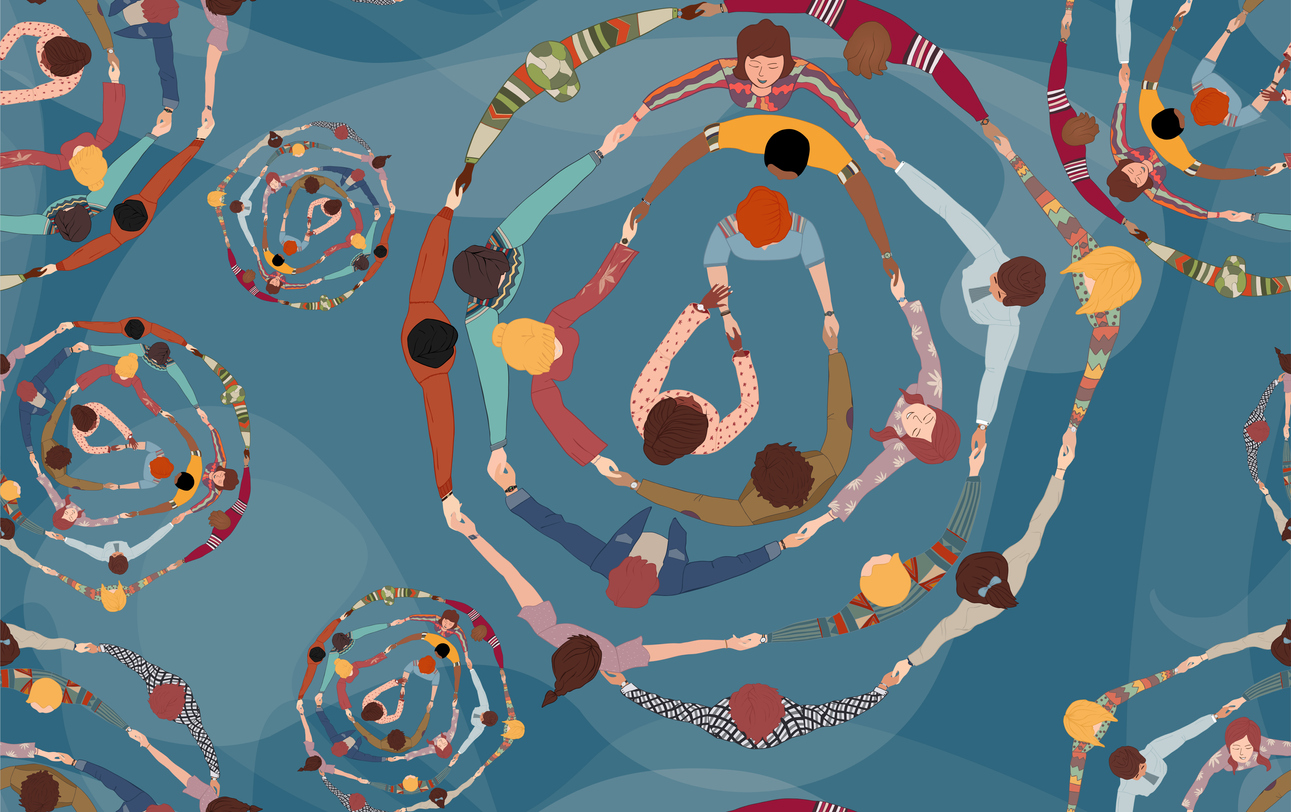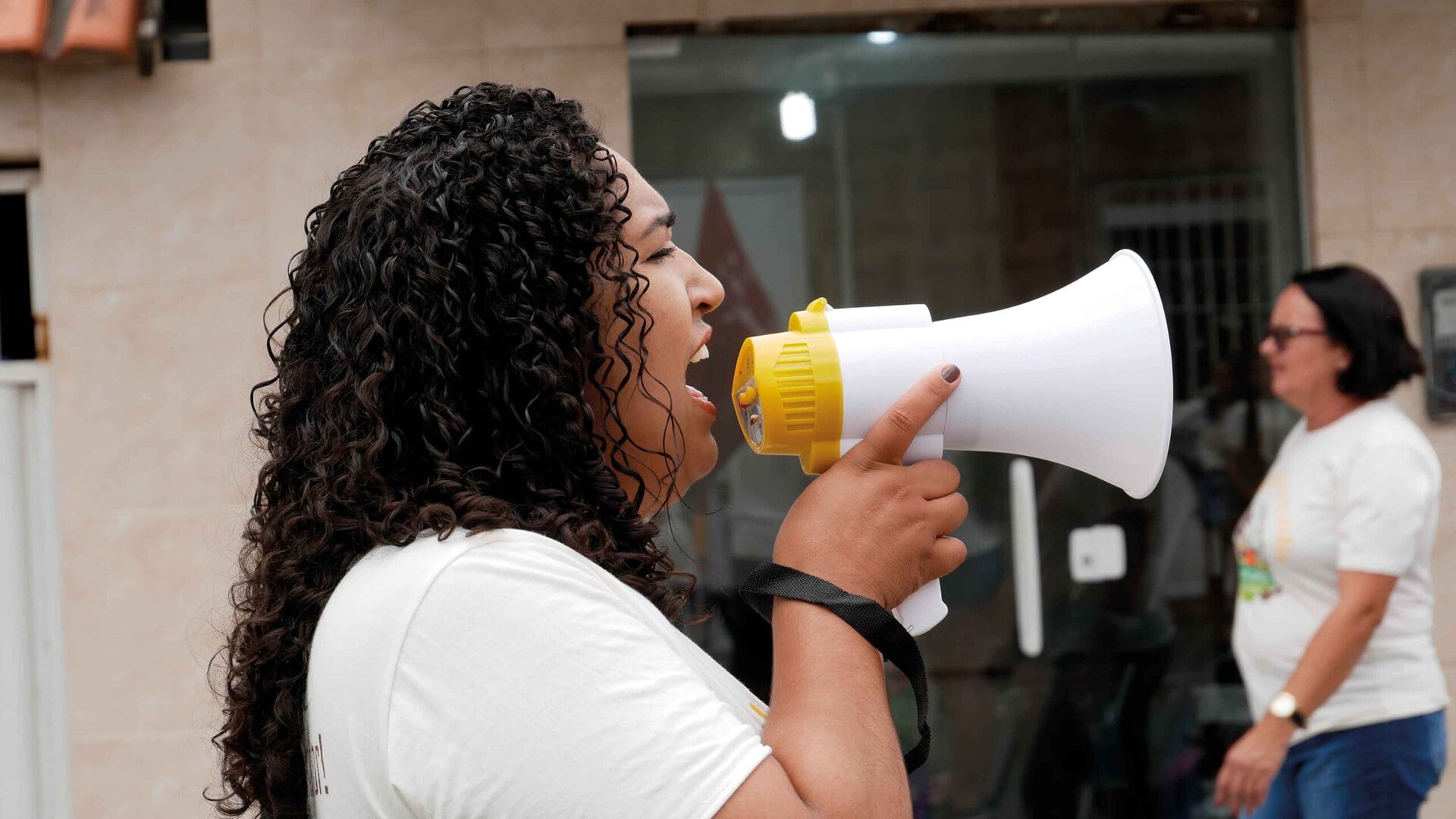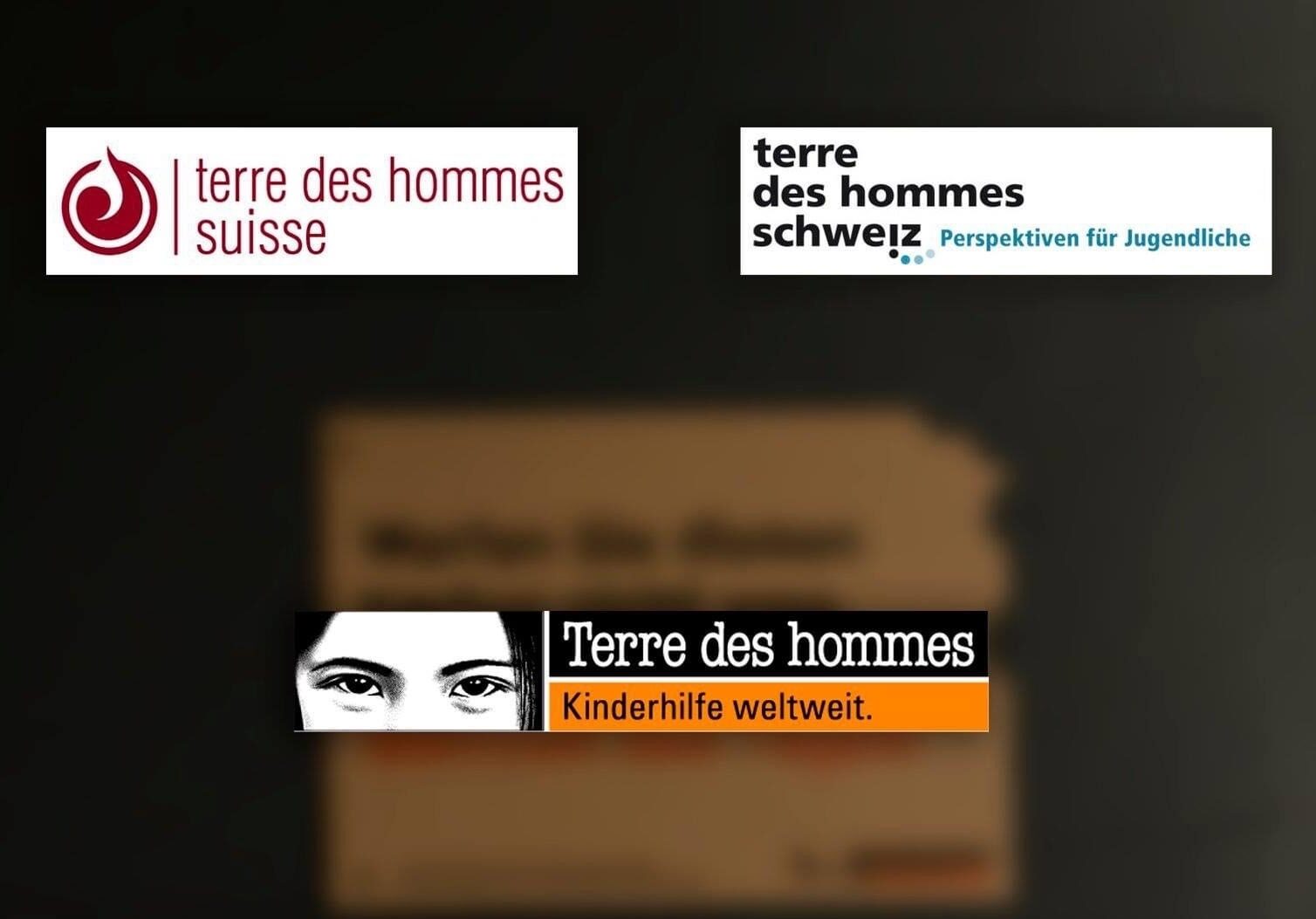A policy for the future must take the perspective of young people seriously. This also applies to international cooperation, which is a concern of the younger generation. A generation is growing up around the world that thinks and feels much more globally than their parents and grandparents.
Young people today are growing up in a highly networked, globalized world. They are digitally connected with their peers all over the world. Many of them have a global perspective thanks to their diverse experiences abroad. It is clear to them that transnational solutions are needed for the major challenges of our time. They see themselves much more often as global citizens and are in favor of international cooperation to tackle multiple crises.
78% of 18-35-year-olds want more development cooperation
Past the youth
For the majority of young Swiss people, it is a matter of course that their country assumes global responsibility. According to the ETH study “Security 2023”, 78% of 18-35-year-olds surveyed would like Switzerland to provide more development cooperation. Young people would probably describe the Federal Council’s announcement in February 2023 to cut the budget for international cooperation as “old school”. A young generation with a global mindset is unlikely to identify with such decisions. After all, the young people who are worried about their future today have long understood this: There needs to be significantly more spending on international cooperation in the face of conflicts and crises around the world.
For a policy with a future
It is time for politicians to take the voice of young people, who see themselves as representatives of the Global Generation, seriously and for the change in values, which is also underway in Switzerland, to be reflected in concrete political decisions.
We wanted to understand more precisely what young people think about development cooperation and spoke to them:



